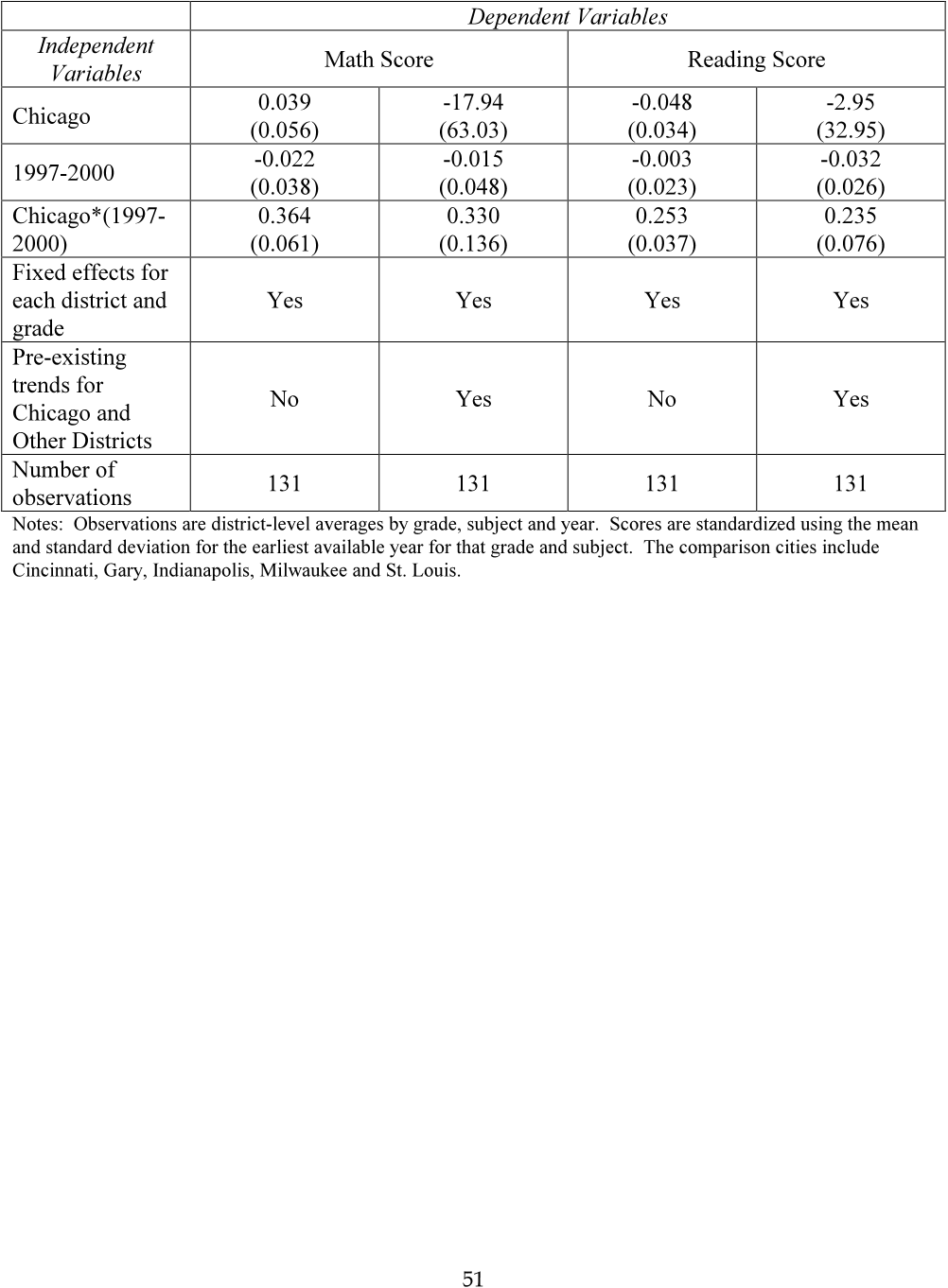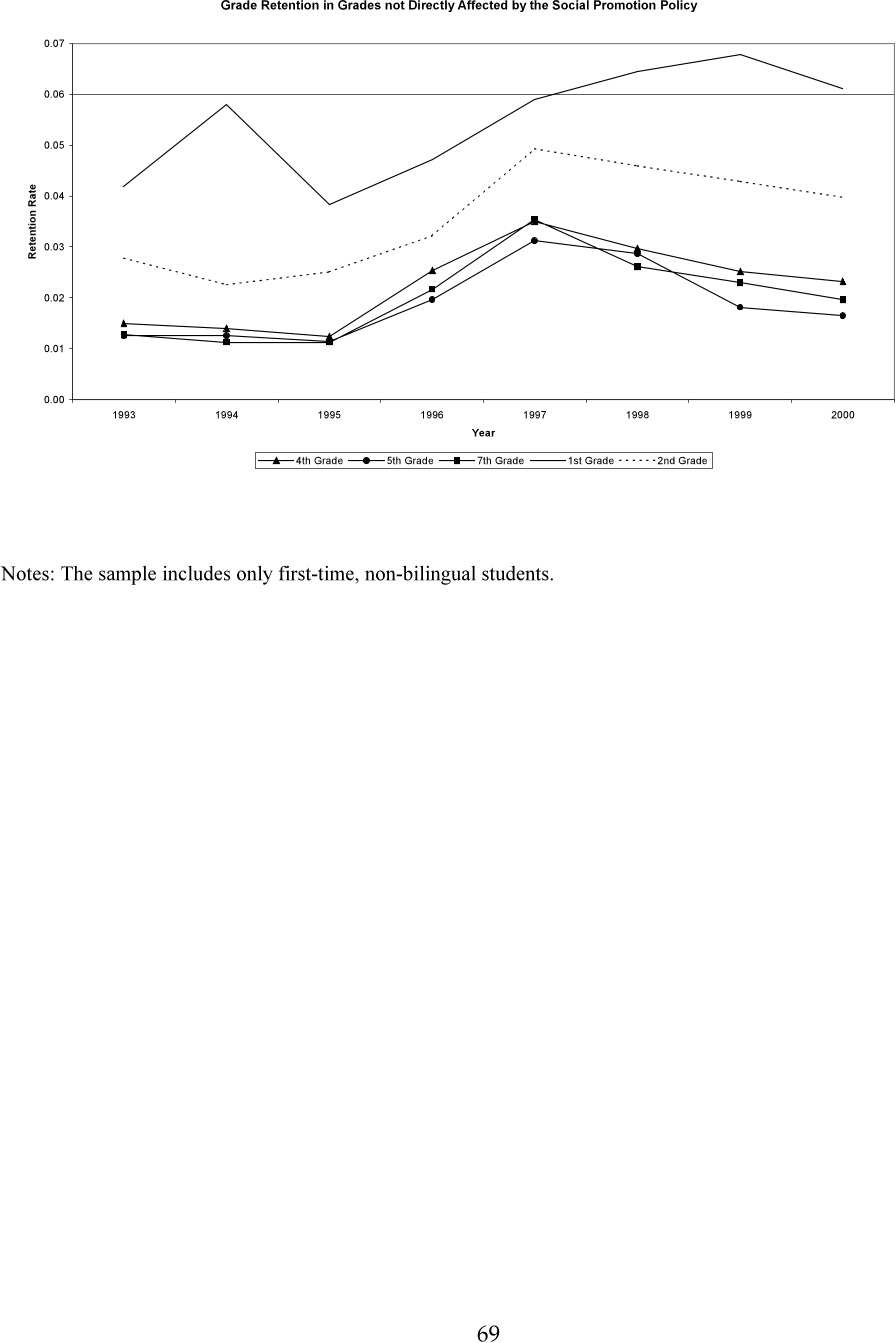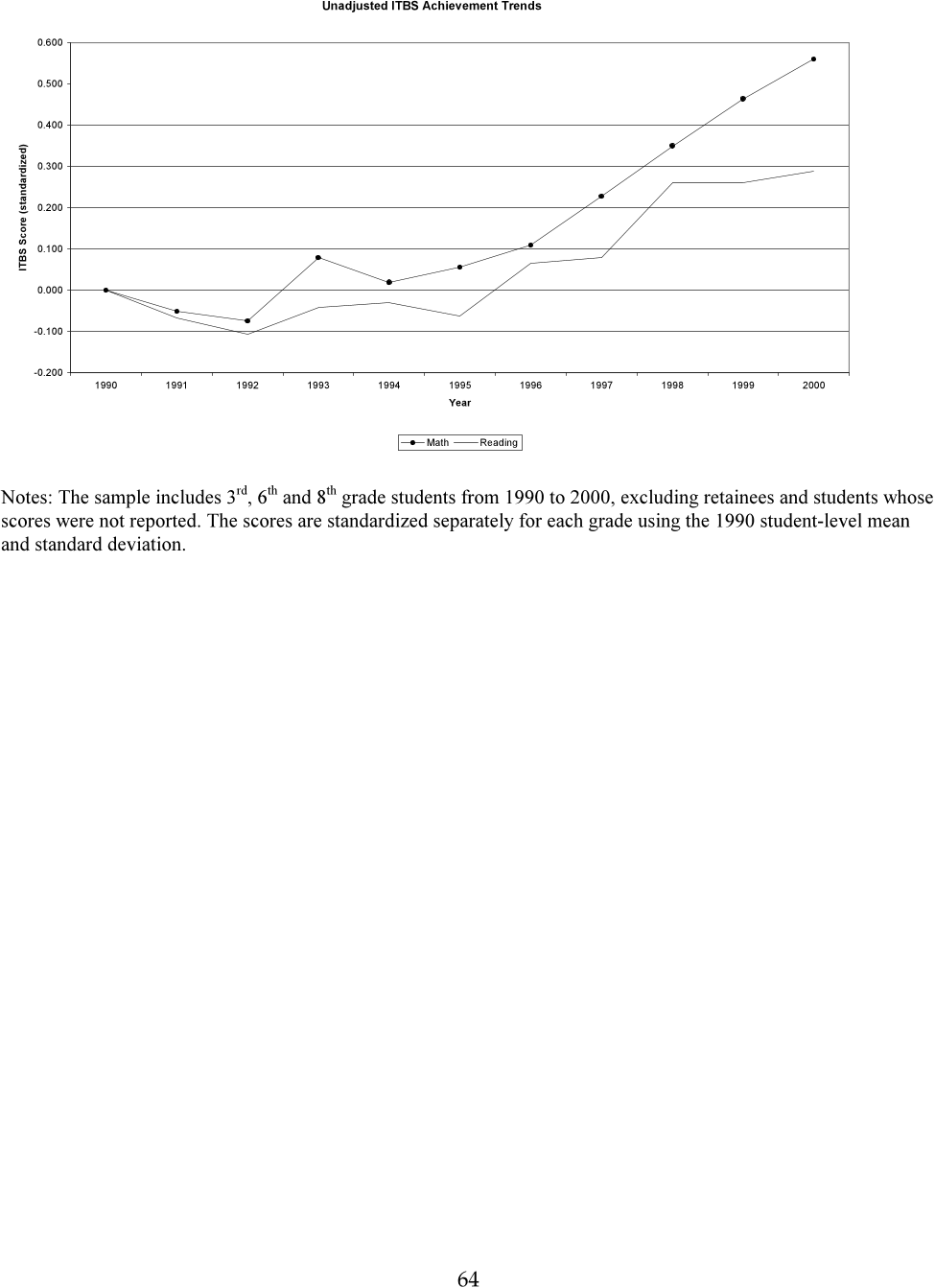Q1. What are the contributions in "Nber working paper series accountability, incentives and behavior: the impact of high-stakes testing in the chicago public schools" ?
This study examines the impact of an accountability policy implemented in the Chicago Public Schools in 1996-97.





